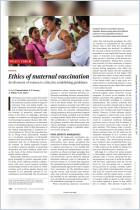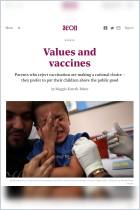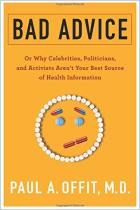
Mandate Vaccination with Care
Governments that are considering compulsory immunizations must avoid stoking anti-vaccine sentiment, argue Saad B. Omer, Cornelia Betsch and Julie Leask.
Recommendation
Mandated vaccination is a hot topic these days for governments around the world. This commentary does not dive into the controversy itself, so will best serve readers already familiar with arguments for and against vaccination. For policy makers and others pondering how to respond to the growing threat posed by unvaccinated children, the article provides a useful perspective on the current incidence of vaccine-preventable diseases, the status of laws and regulations aimed at boosting vaccination rates, and a look at possible unintended consequences of stricter mandates. The article also offers a path forward.
Summary
About the Authors
Saad B. Omer is the director of the Yale Institute for Global Health; professor of medicine (infectious diseases) at Yale School of Medicine; and professor of epidemiology of microbial diseases at Yale School of Public Health. Cornelia Betsch is professor of health communication at the University of Erfurt. Julie Leask is professor in the Susan Wakil School of Nursing and Midwifery at the University of Sydney.


















Comment on this summary or Start Discussion